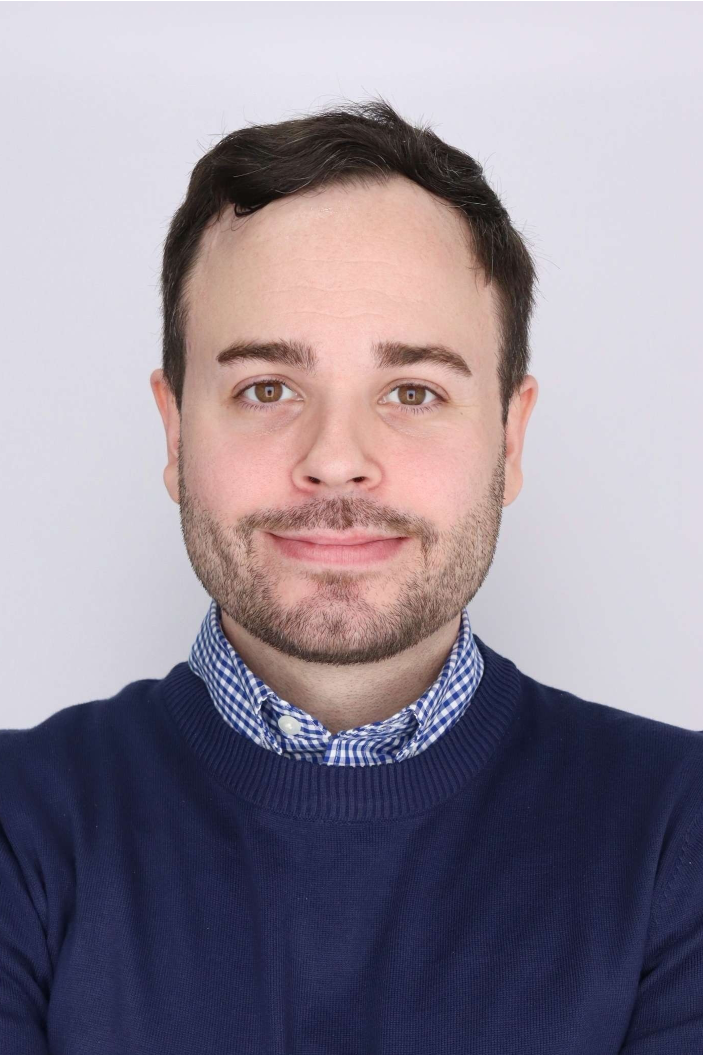
(Vienna, 23 April 2025) Max Haberbusch, postdoctoral researcher at the Center for Medical Physics and Biomedical Engineering at the Medical University of Vienna, has been awarded an FFG meets Expedition Zukunft Spin-off Fellowship for the development of CARDISENSE, a new implantable monitoring system to enable early detection of complications in patients with severe heart failure. The fellowship, funded with over €490,000, will support the further development of the technology and preparation for a spin-off company. Francesco Moscato, Associate Professor at MedUni Vienna, is mentoring the project as part of the Fellowship program.
Heart failure is a growing global health challenge, affecting over 64 million people and increasingly straining healthcare systems. Patients who receive mechanical heart support devices, are at particularly high risk of serious complications and require close, continuous monitoring. Existing monitoring methods, however, are often invasive, limited to hospital settings, or unable to detect early signs of deterioration in real time.
The Cardisense system addresses these challenges by providing continuous remote monitoring of heart function. Implanted during routine heart surgery, the system aims to empower clinicians and patients to detect potential problems earlier and intervene faster — with the goal of improving patient outcomes, reducing hospitalizations, and lowering healthcare costs.
Cardisense builds on previous research collaborations between MedUni Vienna and the Fraunhofer Institute for Microtechnology and Microsystems, and draws on multidisciplinary expertise in biomedical engineering, clinical cardiology, and medical technology development.
The advancement of continuous and patient-centered cardiac monitoring technologies like Cardisense represents an important step toward more proactive, personalized heart failure care — ultimately aiming to save lives and improve quality of life for patients worldwide.
About the "Spin-off Fellowship" program
The FFG meets Expedition Zukunft Spin-off Fellowship program supports early-stage commercialization of academic innovations by enabling researchers to focus exclusively on the translation of their ideas into market-ready products. Fellows receive dedicated funding, entrepreneurial training, and access to an innovation network to prepare for the founding of spin-off companies.
The CARDISENSE platform links patient self-assessment, predictive algorithms, and clinical remote monitoring to enable proactive heart failure management.
(Graphic: Max Haberbusch / Medical University of Vienna)
